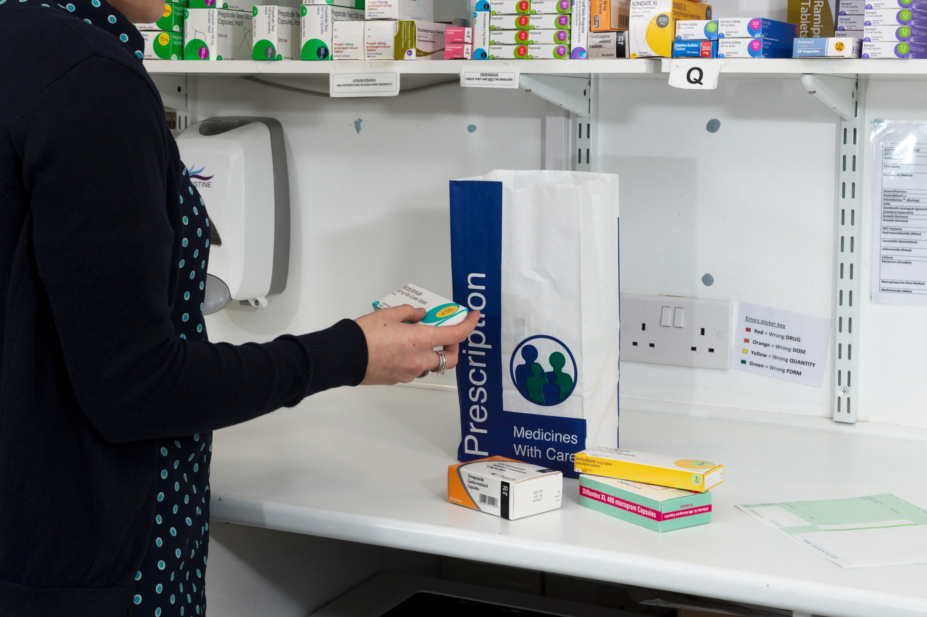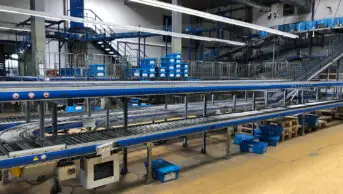
Clynt Garnham Medical / Alamy Stock Photo
Nearly half of community pharmacists in Great Britain have admitted that they self-check their own dispensing, results of The Pharmaceutical Journal
2019 salary and satisfaction survey have shown.
The results of the survey have prompted the Royal Pharmaceutical Society (RPS) to call on the General Pharmaceutical Council (GPhC) to consider self-checking as part of its inspection regime because of the potential threat this poses to patient safety.
It is the first time that The Pharmaceutical Journal has asked members in its annual salary and satisfaction survey whether they ever self-checked their own dispensing.
Of the 47% who said they self-checked their dispensing, a third admitted to feeling “very stressed” or said they have had to take time off work due to stress.
The majority of community pharmacists who reported self-checking cited lack of staff when asked what prevented them from doing their job properly.
The RPS said that GPhC guidance stipulates that, “where possible”, two people should be involved in the dispensing process and the person doing the accuracy check should “ideally” not have been involved in the assembly process.
“I think that is quite clear that self-checking should not be done,” Sandra Gidley, president of the RPS, told The Pharmaceutical Journal.
“50% is not an exception and, if it’s routinely happening, the GPhC should be looking at this in their inspections. Even on a quiet Saturday, self-checking is still, from a practise-safety perspective, not ideal.
“I think there is also an issue if you have a very qualified pharmacist dispensing and checking, it’s not the best use of their time and skills.”
Gidley added that she was not surprised that the pharmacists who reported self-checking also highlighted lack of staff as a factor which influenced whether they did their job properly.
“A lot of pharmacies may have standard operating procedures which say you should not self-check, but then they don’t provide the staff, which means sometimes there are inconsistencies in the system,” she said.
“I have also heard anecdotally that some independents have taken the decision to reduce the number of technicians who would traditionally do the dispensing and checking.”
GPhC guidance ‘Responding to complaints and concerns’ includes a section on minimising the risk of a dispensing error.
It advises pharmacists who are working alone and have self-checked “to create a short mental break between the assembly and final check to avoid carrying over any recollection of preconceived errors from the assembly process”.
In a statement, the GPhC said: “The standards we set make clear that the pharmacist needs to ensure they are able to provide a safe and effective service and the pharmacy owner must have procedures in place to mitigate risks in the dispensing process, including dispensing errors.”
“During an inspection, our inspectors are looking for evidence that all of our standards are met, including when the pharmacy is preparing and dispensing medicines.”
The statement added that inspectors also observe how the pharmacy operates, and will speak to the team to make sure they are aware of the standards, how the way they work affects the services provided and the impact this has on the people who use and receive pharmacy services.


